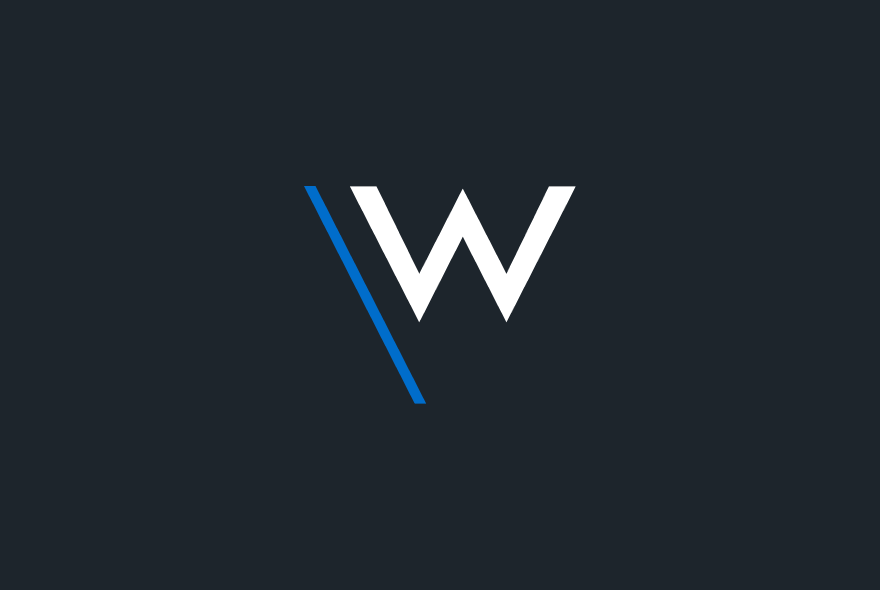Stay service-savvy
Get all the latest news and insights straight to your inbox.

SD-WAN, or software-defined wide area network, can route traffic to specific remote locations, which means it’s often used by companies who have a number of different offices, centres or premises. Although users benefit from a single network infrastructure, SD-WAN technology facilitates the use of many connection types, such as wireless LTE, MPLS and broadband. With this flexibility, users can incorporate lower-cost connections for the transmission of non-sensitive data and more secure MPLS options for sensitive data.
As many companies are now required to meet high security and compliance standards, SD-WAN connectivity enables them to use secure connections when necessary, without wasting resources when a high level of security isn’t needed.
As SD-WAN delivers services and connectivity via the cloud, companies no longer have the burden of purchasing, hiring or maintain costly hardware either. With the ability to scale up connectivity as needed, businesses can pay for what they use, whilst still meeting customer demands. For companies with peak-and-valley demand, this level of scalability and flexibility is highly beneficial and can reduce costs dramatically.
With a variety of benefits associated with SD-WAN technology, it can help any business to enhance the efficiency of their existing network. Most suited to companies which have fairly heavy traffic and multiple locations, switching to SD-WAN connectivity can offer increased speed and functionality, whilst delivering reduced costs.
Businesses store a vast amount of data, and many are required to do so by law. This means that purging your data or destroying it simply isn’t a viable option. Furthermore, data is a valuable resource for companies, so investing in appropriate storage solutions can protect your data assets and ensure that they remain valuable to your company.
Although every business needs storage, choosing the right storage solution can be tricky. With security and compliance issues to consider, as well as business processes, outputs and budgets, you may need a little help to find the best storage solution for your firm.
Both block storage and object storage are viable options for businesses, but their varying storage methods mean one might be more suitable for your company. Object storage essentially refers to units of storage, which are known as ‘objects’. Each object will contain three things; the data itself, metadata and a unique identifier, which makes the data very easy to find. Alternatively, block storage splits files into even-sized pieces of data. While each block of data has its own address, no metadata is stored alongside it.
As object storage enables you to store an unlimited amount of metadata, it is usually considered to be the more powerful storage option. However, object storage doesn’t allow for the modification of just one part of the object, which could limit performance, depending on the size of the objects stored. Block storage, however, does facilitate this type of incremental modification, so may be more suited for companies which routinely need to make partial changes to data.
Why Wavenet?
Staying connected is a primary goal for businesses whatever their size. Yet when systems fail and products outdate, staff can’t work to their full potential, threatening your success. Wavenet support businesses with any kind of network and connectivity issue. Identifying the problem at its source, we deliver a solution that works and acts quickly. And thanks to Wavenet’s continual support 24/7, systems will forever be maintained. No matter the industry, no matter the need, we can help make your business brilliant.
Networking & Connectivity, Technology Services, SD-WAN, Silver Peak, Articles
Get all the latest news and insights straight to your inbox.